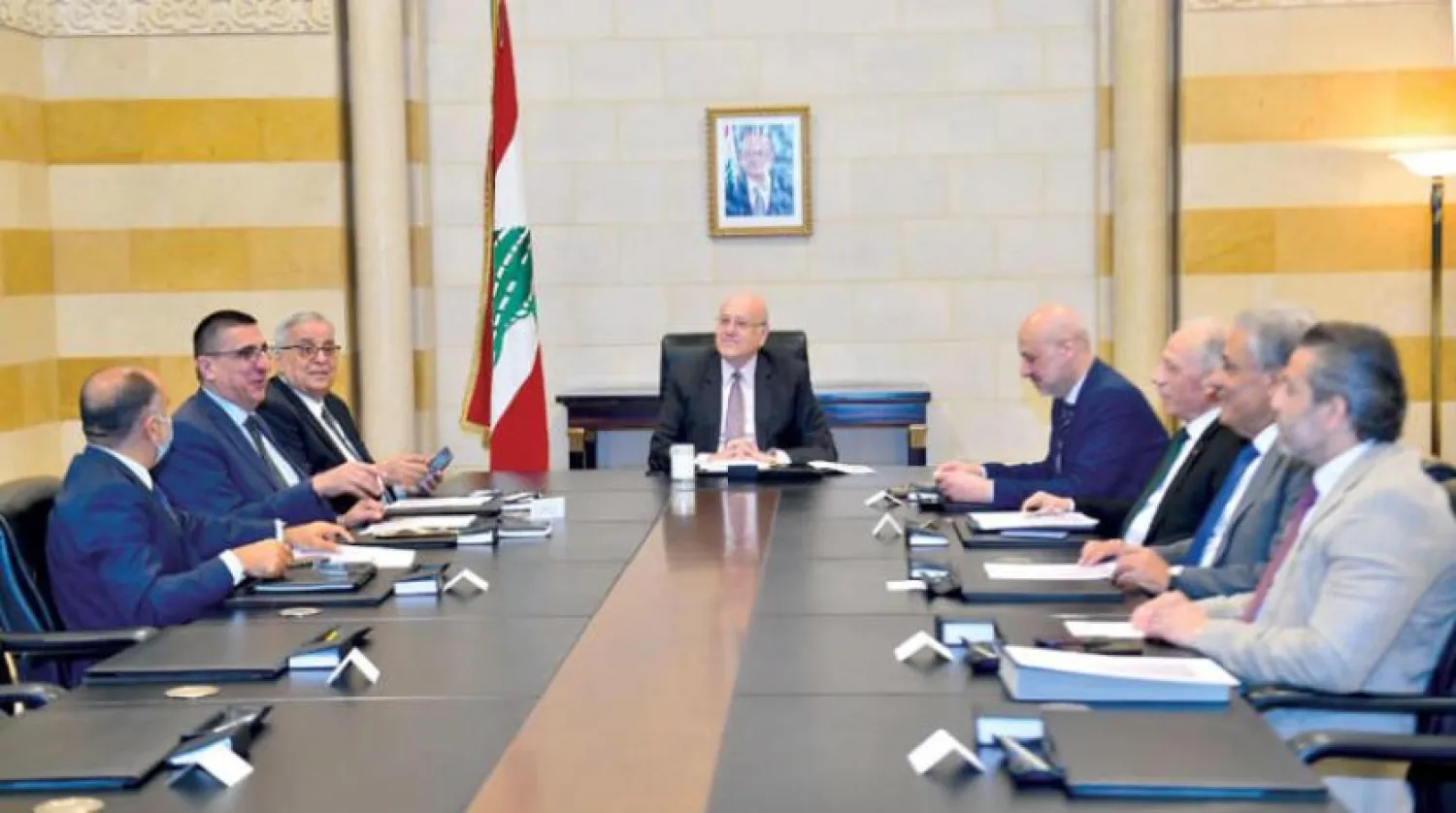Dispute over the jurisdictions to handle Lebanon’s problematic file of the return of Syrian refugees erupted on Thursday between caretaker Minister of Social Affairs Hector Hajjar and caretaker Minister of the Displaced Issam Sharafeddine.
During a meeting chaired by outgoing Prime Minister Najib Mikati to handle the return of Syrian refugees, Sharafeddine reportedly left the meeting in anger accusing Mikati of “undermining” his powers.
Hajjar has emphasized that his Ministry is following up on the issue of refugees in coordination with the Ministry of Foreign Affairs.
On the other hand, Sharafeddine, who had visited Syria earlier to discuss the return of refugees with Syrian authorities, said that his visit was coordinated with the President of the Republic Michel Aoun, and the Premier.
“The Minister of Social Affairs is only responsible for communicating and coordinating with the UNHCR. We were the first to raise the issue of the return of the displaced, and I was unanimously assigned in April in the presence of the President to follow up on the matter. I visited Syria with the knowledge and approval of President Aoun and the Prime Minister,” Sharafeddine told Asharq Al-Awsat.
He added: “But today, after the plan and the visit to Syria succeeded, things changed and the prime minister began undermining my powers.”
Sharafedine lashed out at Mikati and other ministers without naming them, saying: “As a businessman, Mikati prioritizes his own interests with other countries over the national interests. He exploits some ministers who in turn want to please him because they have aspirations to stay in the government.”
Ministerial sources close to the presidency told Asharq Al-Awsat that the matter has taken a “sectarian dimension.”
The sources said that the former minister of social affairs, Ramzi Msharrafieh, a Druze, was tasked with the issue. But the current minister of social affairs is not a Druze.
“The issue takes on a sectarian dimension. The Druze believe they should carry on the work on the file, but the problem is that the ministry of social affairs today is not handled by a Druze minister,” they told the daily.
For his part, Hajjar stated: “The issue is not linked to a single ministry. This delicate file needs accuracy because in part it is related to international institutions, countries and donors, and the UNHCR.”









